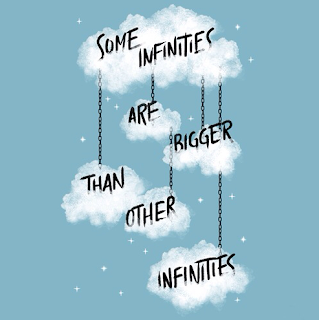Published in 1965 and written by Truman Capote; In Cold Blood narrates the story of the Clutter murder case in Holcomb, Kansas. Perry Smith and Richard Eugene “Dick” Hickock killed four members of the Clutter family in November 15th, 1959. They were later arrested in Las Vegas on December 30th, 1959.
Perry and Dick were taken back to Kansas so that they can be judged by the competent authorities. Their trial takes place on March 22nd, 1960 and is lead by Judge Tate. The prosecution of the case brings Floyd Wells (who once was Dick´s companion in jail and informed the police of Perry and Dick´s culpability regarding the case) as a witness. The defense brings up Dick´s father and Perry´s old friend from the Army, Don Cullivan, as witnesses in their favor. After various months in the trial, Perry Smith and Dick Hickock are declared guilty and are punished with a death penalty. Afterwards, Smith and Hickock are translated to a penitentiary in Lansing, where they wait for their hanging date to be chosen. While on jail, Smith and Hickock meet Lowell Lee Andrews, George Ronald York, and James Douglas Latham; all men waiting to someday be hanged. Perry then starts refusing to eat his meals and, after a while, is taken to the penitentiary´s hospital since his weight drastically decreased from 168 pounds to 115 pounds in nine weeks. Luckily, Perry recovered and went back to his cell, but during the time he was gone; Dick wrote various letters to lawyers asking them for a second trial since the first one supposedly took place unfairly. Russell Shultz receives a letter and calls for a fair trial. Although Shultz is not able to prove Perry and Dick to be innocent, he is able to delay his clients´ scheduled date for hanging for a total of four years. During this four-year period, all three of Perry and Dick´s friends in jail were hanged. Sadly, on April 14th, 1965; Perry Smith and Dick Hickock died on the gallows at the state prison. All of the Clutter case´s detectives were present during the hangings.
“ ´Well, what's there to say about capital punishment? I'm not against it. Revenge is all it is, but what's wrong with revenge? It's very important.´ ” (Capote, 335)
I believe this quote is said by Dick to Capote (although the author addresses himself as a journalist who visited both Perry and Dick periodically) while talking with him in jail. I think that Dick believes that all of the members of the jury or witnesses from the case think the same as him. I don't think he is aware that his definition of “revenge” can be different from someone else's. I think that revenge is just a mediocre excuse of holding on to the bad in our pasts. I wonder if Dick ever felt the need to take revenge on someone. Did he? Did he have any regrets when it came to his past? Did he want to take revenge on someone that once caused him trouble?
“ ´It would be meaningless to apologize for what I did. Even inappropriate. But I do. I apologize.´ ” (Capote, 340)
These are Perry's lasts word before being hanged on April 14th, 1965. I was surprised with the fact that he actually feels sorry for killing four people. Dick never apologized. He never even admitted into killing the Clutters. I actually feel sorry for Perry, he chose a bad companion for a perfect crime. I think that Perry sometimes thought about the people he killed, but Dick just wanted to get out of jail. I think it's sad that Perry had to end the same way as Dick, he would've died in a more memorable way. They both died though, they both took the blame for the crime, and they both suffered the consequences.
I'm so glad I finished the book! This book was so much more than I expected it to be. It has (luckily) covered every expectation I had about it (although I still want to know what happened to Perry's squirrel friend). After reading In Cold Blood, I learned that life is not always going to be easy (or fair). I seriously believed that life would've been easier in the 1960's (I was terribly wrong) since there wasn't any technology or any factors that complicated our lives like in the 21st century. This book has also made me realize how lucky I am to be alive because for all we know, I could be murdered tomorrow. This novel by Truman Capote has also made me realize that there are possibly hundreds of stories about crimes and death that are happening in the world, but that I know nothing of. I have also learned that even though things don't work out like we want them to, things will always end the way they were supposed to. In Cold Blood has taught me that everything will be okay in the end, and if it is not okay; it's not the end.
"Goodbyes are bittersweet
But it's not the end
I'll see your face again"
But it's not the end
I'll see your face again"




















